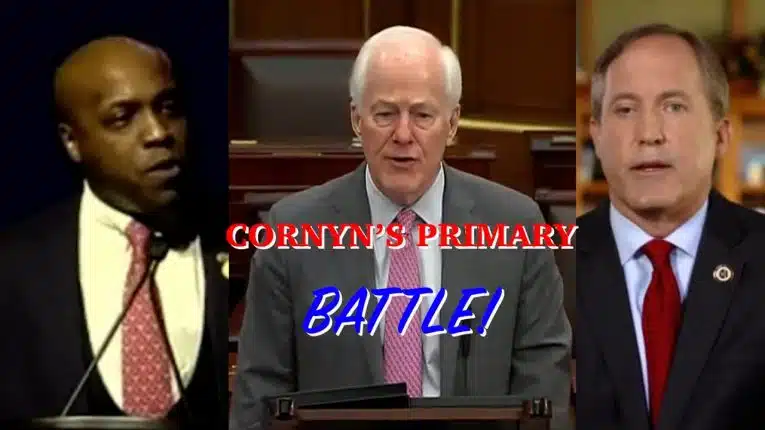
Personal incomes grew 0.4 in August and have grown 5.1 percent the past twelve months, according to the latest data compiled by the Bureau of Economic Research.
That’s great news, because right now, consumer inflation is only growing at 2.9 percent the past twelve months. Politically, that’s about all you need to know. Why?
Regardless of current anxieties related to tariffs, as long as wages and incomes outpace inflation, as they have for 32 straight months now since Jan. 2023, the American people on balance are getting ahead. In terms of personal wealth, inflation versus income is where the rubber meets the road.

Just ask Gerald Ford, Jimmy Carter, George H.W. Bush and Joe Biden, all one-term presidents who saw inflation eclipse personal incomes during their administrations as their parties went on to defeat in the following election.
Going forward, inflation is becoming more and more a memory. Yes, by the time President Trump was reelected in 2024, American households’ budgets were already recovering, it was just too late politically for Biden and then Kamala Harris to recover.
Could the same thing happen to Trump and J.D. Vance this time around?
Well, even the most dire forecasts at the Fed who are pessimistic about President Trump’s tariff policies only have personal consumption expenditures (PCE) inflation at 3.2 percent in 2025, falling to 2.8 percent in 2026 and 2.4 percent in 2027.
None of which seem to stand much of a chance of surpassing incomes like we saw in 2022, when inflation peaked at 9.1 percent in June 2022. We’re nowhere near that and eventually the American people will notice their monthly bills are comparatively shrinking compared to their incomes.
The question is not how we are feeling today, but how we feel largely by 2028. Even if there’s a recession, as long as it is not during an election year, that always results in inflation ultimately falling.
As it is, unemployment has been steadily rising since January 2023 by 1.6 million and peak unemployment is likely to come sooner rather than later, meaning the weakness in labor markets normally associated with recessions should strike long before Vice President J.D. Vance presumptively begins running for president. By then, there’s a recovery.
As long as income outpaces inflation (that can always change, so stay tuned), on balance, American households will have to agree they are better off than they were than the four years prior. At the end of the day, it’s always the economy.
Robert Romano is the Executive Director at Americans for Limited Government Foundation.






